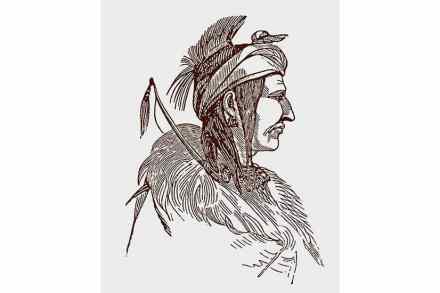After the Flood: There Are Rivers in the Sky, by Elif Shafak, reviewed
A drop of water falls on the head of Ashur-banal, the erudite but merciless king of Assyria, as he walks through his capital, Nineveh. Having dissolved into the atmosphere, it reappears in 1840 as a snowflake that falls into the mouth of King Arthur of the Sewers and Slums, the fancifully named son of a mudlark, born on the banks of the Thames. After another 174 years that same droplet is found in a bottle in south-eastern Turkey to be used in the baptism of Narin, a nine-year-old Yazidi girl. In Yazidi Creation and Flood myths, humanity descends from Adam alone and the serpent is a saviour Water is both




